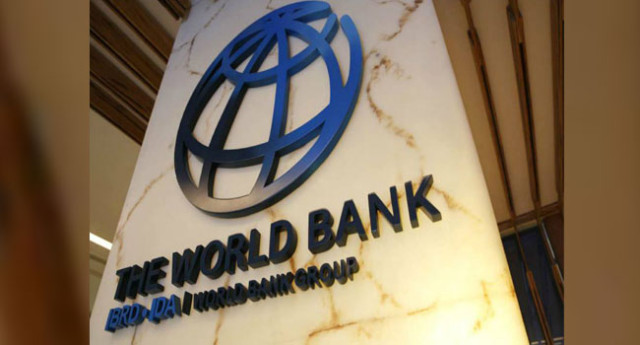The European Union and the World Bank are supporting the Nigerian Federal Government as it expands its Three Million Technical Talent (3MTT) program, aimed at equipping young individuals with digital skills and connecting them to global job prospects.
The 3MTT initiative is a flagship project of Nigeria’s Federal Ministry of Communications, Innovation, and Digital Economy, focused on training three million Nigerians in essential technical skills by 2027 to develop a strong digital workforce and position Nigeria as a global tech talent exporter.
Minister of Communications, Innovation, and Digital Economy, Bosun Tijjani, mentioned that the 3MTT program, referred to as the world’s largest talent accelerator, is key to President Bola Tinubu’s vision for human capital advancement.
“Upon assuming office, he emphasized the need to create one million technical jobs,” Tijjani shared with TVC recently. “That’s why we initiated the 3MTT program... during my travels across states, I encounter young participants acquiring new skills and accessing genuine opportunities.”
The program, which commenced in 2023 with a pilot that covered one percent of its target, is now rapidly expanding. “Last year, we moved to ten percent to evaluate what was effective,” Tijjani noted.
“Now we’re ramping up to full scale.” As stated by the minister, the European Union has pledged over €11 million towards the program, and the World Bank is evaluating its impact as part of a larger effort to enhance youth employment solutions.
Unlike previous government-led training initiatives, 3MTT places a strong focus on job placement alongside skill development.
Tijjani highlighted that collaborations with private sector companies and international bodies like the United Nations Development Programme, which funds internship salaries for participants, have enabled thousands of beneficiaries to gain valuable work experience.
He also mentioned that the government will soon unveil Talent City, a project designed to transform public buildings into business process outsourcing hubs capable of accommodating global service firms.
This initiative seeks to leverage the increasing demand for English-speaking talent in the BPO sector, which has traditionally been dominated by countries such as India and the Philippines.
“We’re commencing with the Digital Bridge Institute in Lagos and collaborating with state governments to refurbish historic buildings like the Standard Building for more outsourcing operations,” he stated.
Tijjani emphasized that the government is adopting a data-driven strategy. “We’re not merely presenting statistics; this is about improving people’s lives,” he concluded.




















